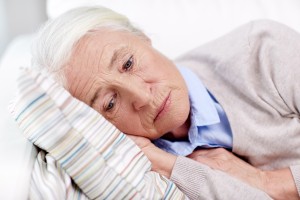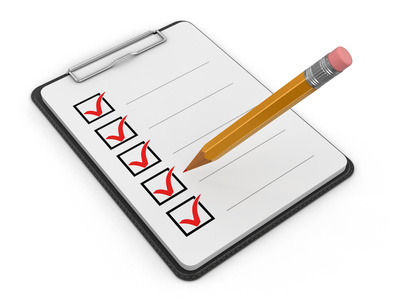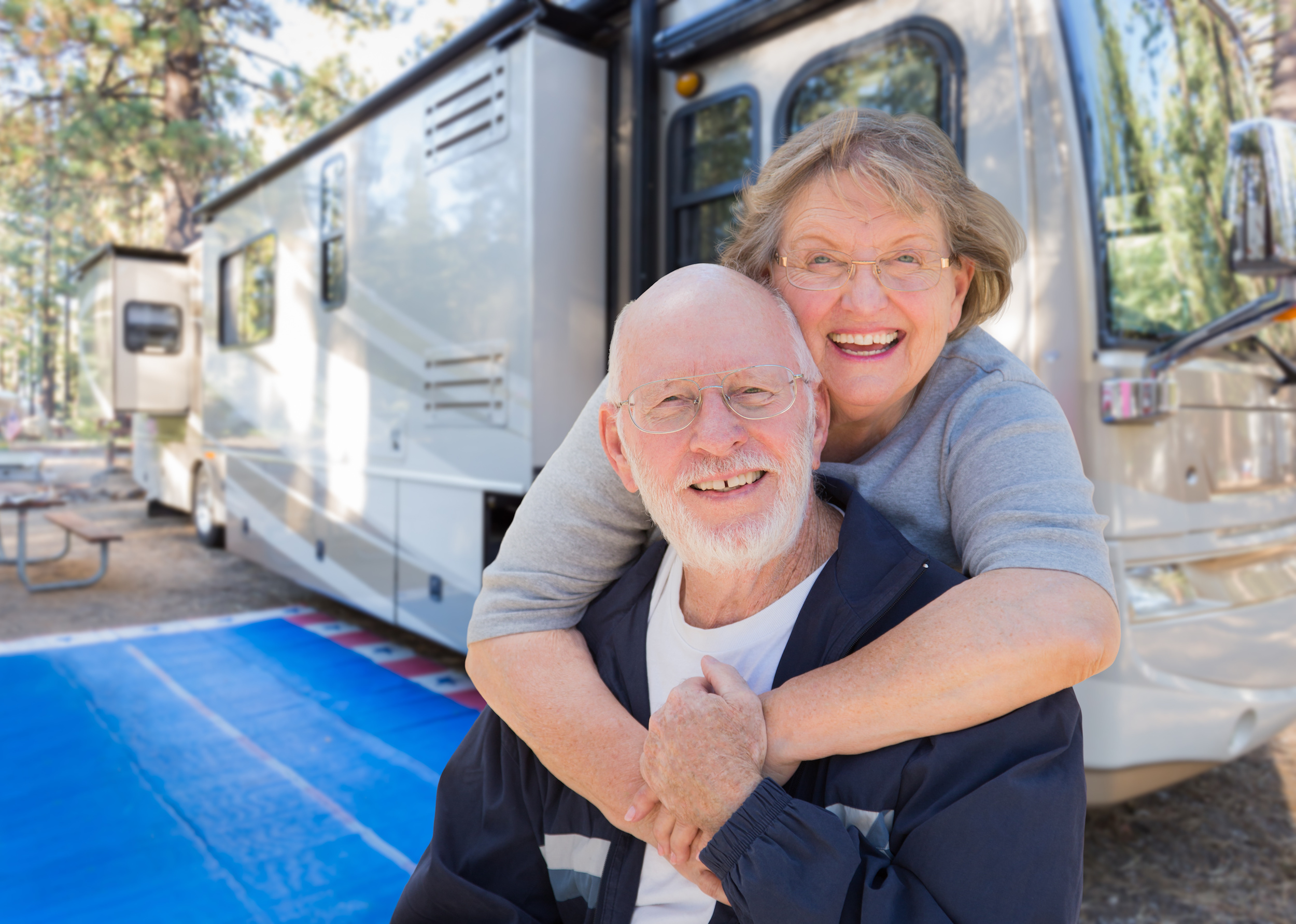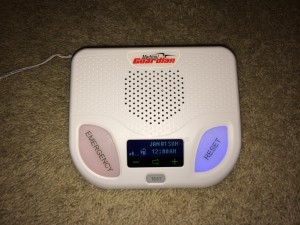Seniors and Depression: Natural Solutions
 Depression is a serious matter, especially for seniors. People over 50 experience depression differently and the symptoms may be easy to overlook. Life can become very isolated for seniors. With limited income, access and mobility, it can be hard to maintain interaction with friends and family. Medications and medical issues can exacerbate feelings of isolation and sadness. Typical signs of depression for seniors can mimic physical issues, like back pain, insomnia, and lack of appetite. Unfortunately, depression is common in seniors, but luckily there are many natural, lifestyle-based treatments for depression.
Depression is a serious matter, especially for seniors. People over 50 experience depression differently and the symptoms may be easy to overlook. Life can become very isolated for seniors. With limited income, access and mobility, it can be hard to maintain interaction with friends and family. Medications and medical issues can exacerbate feelings of isolation and sadness. Typical signs of depression for seniors can mimic physical issues, like back pain, insomnia, and lack of appetite. Unfortunately, depression is common in seniors, but luckily there are many natural, lifestyle-based treatments for depression.
The Importance of a Routine
Retirement can be a difficult transition for many seniors. There is little need to get out of bed, or a schedule to keep when a career has ended. Priorities change when you have more free time, and actions that were hard to put off, like doing the dishes or getting to the grocery store, may be ignored. Routines are important in adding structure and purpose to daily life. People in motion tend to stay in motion. It is much easier to stop to meet a friend for lunch if you are in the neighborhood. Routines also create opportunities for success and growth. Building goals into a routine is a great way to track accomplishments and build confidence. Adding new responsibilities can restore a positive attitude for those who suffer depression, providing a purpose rather than a feeling of aimlessness.
Diet, Exercise, and Overall Health
Food is fuel, nutritious foods like fruits, vegetables, and healthy fats contain essential vitamins and minerals that support mental and physical health. Cooking and baking are excellent hobbies that can be easily implemented regardless of skill level. Trying a new recipe and finding healthy food to enjoy are easy, inexpensive ways to make the day less mundane, challenge yourself, and encourage interaction with others.
Exercise is another way to remain mentally and physically healthier for longer. One of the most frequently recommended treatments for depression, exercise is a way for seniors to see themselves as a success while staying stronger. Exercise is another example of the importance of trackable success when dealing with depression.
Insomnia is deeply tied to depression and health issues in seniors. Half of people over 50 suffer from insomnia or inconsistent sleep. Training yourself to sleep can be challenging, here are some tips for falling asleep faster and staying asleep longer:
- Plan time to relax and wind down away from the TV or other electronic devices.
- Sleep in your bed. Napping in different places can confuse your body. Associate sleep with your bed.
- If you can’t sleep get out of bed. Try to do something relaxing and try again later.
- Try to wake up at the same time every day. This will help to regulate your internal sleep rhythms.
- Avoid alcohol and caffeine close to bedtime, as it may cause you to wake up later.
- Breathing or visualization exercises can help you fall asleep faster and can be used to fall back asleep if you wake in the night.
Depression and Illness
Depression can be related to medications and can be a symptom of other more serious illnesses, and can impact recovery time. It is important to provide support and care to seniors, especially those who suffer from depression. With 24-hour support and two-way communication, a medical alert device can be a powerful support for those with physical and mental health concerns. New reviews of many different medical alert devices are available. Find out quickly which system will be the best fit for you or your loved one.



